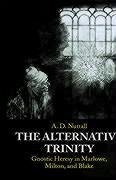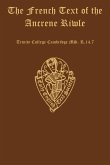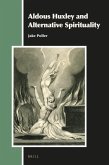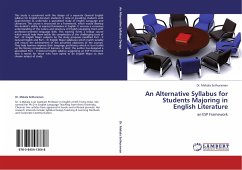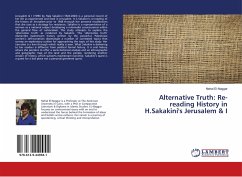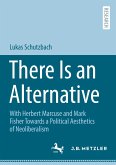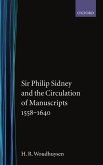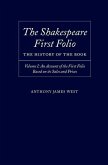The Trinity of orthodox Christianity is harmonious. The Trinity for Blake is, conspicuously, not a happy family: the Father and the Son do not get on. It might be thought that so cumbersome a notion is inconceivable before the rise of Romanticism but the Ophite Gnostics of the second century AD appear to have thought that God the Father was a jealous tyrant because he forbade Adam and Eve to eat from the Tree of Knowledge and that the serpent, who led the way to the Tree of Knowledge, was really Christ. This book explores the possibility of an underground 'perennial heresy', linking the Ophites to Blake. The 'alternative Trinity' is intermittently visible in Marlowe's Doctor Faustus and even in Milton's Paradise Lost. Blake's notorious detection of a pro-Satan anti-poem, latent in this 'theologically patriarchal' epic is less capricious, better grounded historically and philosophically, than is commonly realised.
What is the creator of the world were evil? What if Christ, the Son, were the antagonist rather than the ally of the Father? Nuttall tracks this subversive theology from the Gnostics of the second century, through its flickering reappearance in Marlowe and Milton, to its full development in Blake.
What is the creator of the world were evil? What if Christ, the Son, were the antagonist rather than the ally of the Father? Nuttall tracks this subversive theology from the Gnostics of the second century, through its flickering reappearance in Marlowe and Milton, to its full development in Blake.

